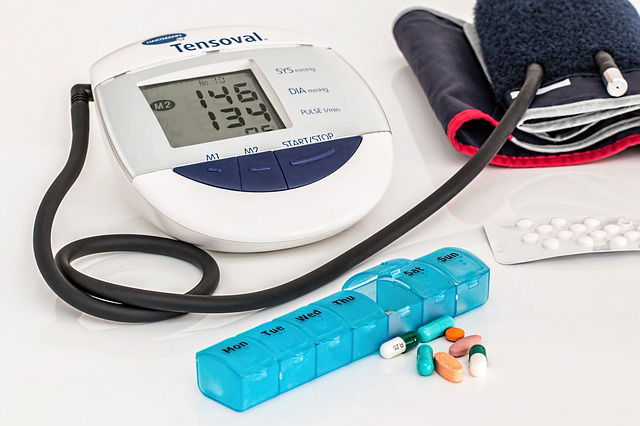
In a new study, researchers found a common drug for treating high blood pressure and chest pain is linked to a higher risk of sudden cardiac arrest.
The findings suggest that patients and doctors might need to aware of the health risk of the drug and use it more carefully.
The research was reported by European Sudden Cardiac Arrest network (ESCAPE-NET).
Sudden cardiac arrest is a sudden loss of blood flow resulting from the failure of the heart to effectively pump.
The main symptoms of heart condition include loss of consciousness and abnormal or absent breathing.
Patients may also experience chest pain, shortness of breath, or nausea before cardiac arrest. If not treated within minutes, the condition could lead to death.
Previous research has shown that this disease causes around half of the cardiac deaths in Europe and one in five natural deaths.
Drugs nifedipine and amlodipine have been widely used for high blood pressure and chest pain.
In the study, the team examined if taking these drugs are linked to sudden cardiac arrest.
The nifedipine doses in the study were 30 mg and 60 mg and the amlodipine doses were 5 mg and 10 mg.
When using the drugs, doctors usually start with a lower dose, then give a higher dose if blood pressure or chest pain are not sufficiently reduced.
The team analyzed 2,503 patients and 10,543 healthy people from the Dutch Amsterdam Resuscitation Studies registry and confirmed the findings in 8,101 patients and 40,505 controls in the Danish Cardiac Arrest Registry.
They found high-dose (60 mg/day) of nifedipine was linked to a higher risk of sudden cardiac arrest.
There was no link between amlodipine and sudden cardiac arrest.
The team suggests that both nifedipine and amlodipine are often used by many doctors.
They are generally considered to be equally effective and safe for high blood pressure and neither has been linked to sudden cardiac arrest.
The current findings suggest that high-dose nifedipine may increase the risk of sudden cardiac arrest.
The team also suggest that the findings may be surprising given that both drugs have been in use for many years and in many patients.
One possibility is that sudden cardiac arrest is very hard to study due to its rapid course.
Future work needs to confirm the findings before action should be taken by doctors or patients.
The study was presented at EHRA 2019.
Copyright © 2019 Knowridge Science Report. All rights reserved.



